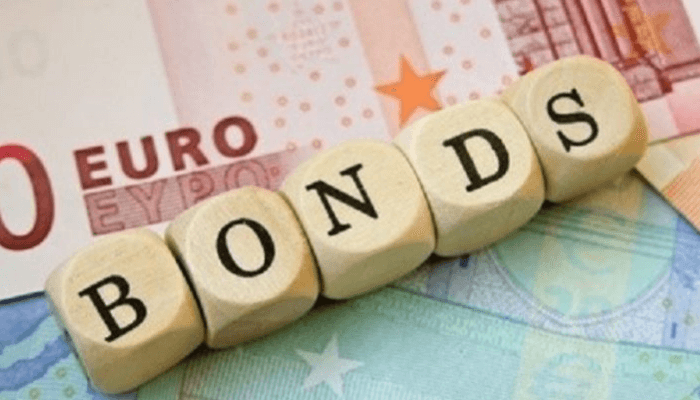…IMF suggests debt restructuring
Senegal, once considered an investment hub with a more stable credit risk than regional giant Nigeria, is now navigating a perilous financial downturn. The country’s Eurobonds have plummeted, with the yield on its March 2038 dropping to 21.79 percent, as of yesterday, a signal of stress and a potential default, echoing the crisis that recently engulfed Ghana.
This severe market reaction follows revelations of undisclosed debt and a corresponding credit rating downgrade, in contrast to Nigeria’s relatively stable sovereign debt profile and recent upgrades.
The immediate trigger for the market’s panic is the confluence of undisclosed debt and the International Monetary Fund’s (IMF) current discussions that implicitly point toward the necessity of a debt restructuring.
The $11billion debt bomb
A recent audit by the new Senegalese government uncovered a staggering $11 billion in previously unreported or misreported debt left by the former administration. This discovery inflated the country’s debt-to-GDP ratio, with the IMF now estimating total public debt to be around 132 percent of GDP, a figure that significantly exceeded previous official estimates.
The IMF had frozen Senegal’s previous $1.8 billion programme last year after the revelation of this debt, and as has now completed its mission to Senegal without agreeing on a new lending programme, as the West African nation refused to restructure its debt.
Read also: Eurobond success lifts naira, external reserves at week’s close
Deteriorating financial ratio
Senegal’s overall macroeconomic ratios are painting a bleak picture, reinforcing the market’s fears of default.
Senegal’s public debt rose to 132 percent of GDP by the end of 2024, projected by the IMF to grow by 12 percent by year-end. Over the past three fiscal years, actual revenues were on average 8% below the amounts forecast in the initial Finance Bills. In 2024, the gap reached nearly 500 billion XOF, and the shortfall for 2025 is projected between 300 and 400 billion XOF, Roffiaen estimated.
The market reaction
The Eurobond market has priced in this risk. Investors are now demanding a yield to maturity of 20 percent on Senegal’s existing bonds, a level at which the bonds trade for roughly 80 cents on the dollar. This distressed pricing is similar to the levels seen in Ghana before it defaulted in 2022.
Rating reversal and comparison to Nigeria
In a stunning reversal, Senegal’s financial standing has deteriorated to the point where it now shares the same low credit rating with Nigeria on S&P Global, after previously being rated higher.
The discovery of hidden debt and ensuing fiscal instability led S&P Global Ratings and Moody’s to downgrade Senegal’s sovereign credit rating. It was downgraded from ‘B’ to ‘B−’, reaffirmed a negative outlook, citing soaring debt and mounting pressure on public finances.
Concurrently, Nigeria has seen its credit outlook improve, with agencies citing higher oil revenues and fiscal consolidation efforts, notably the formalisation of Ways and Means (W&M) financing as Federal Government (FG) debt in the Debt Management Office (DMO) numbers, which has provided greater transparency. Nigeria’s Eurobonds have, in contrast to Senegal’s, performed well and even seen recent issuances trade at premiums, indicating stronger investor confidence.

